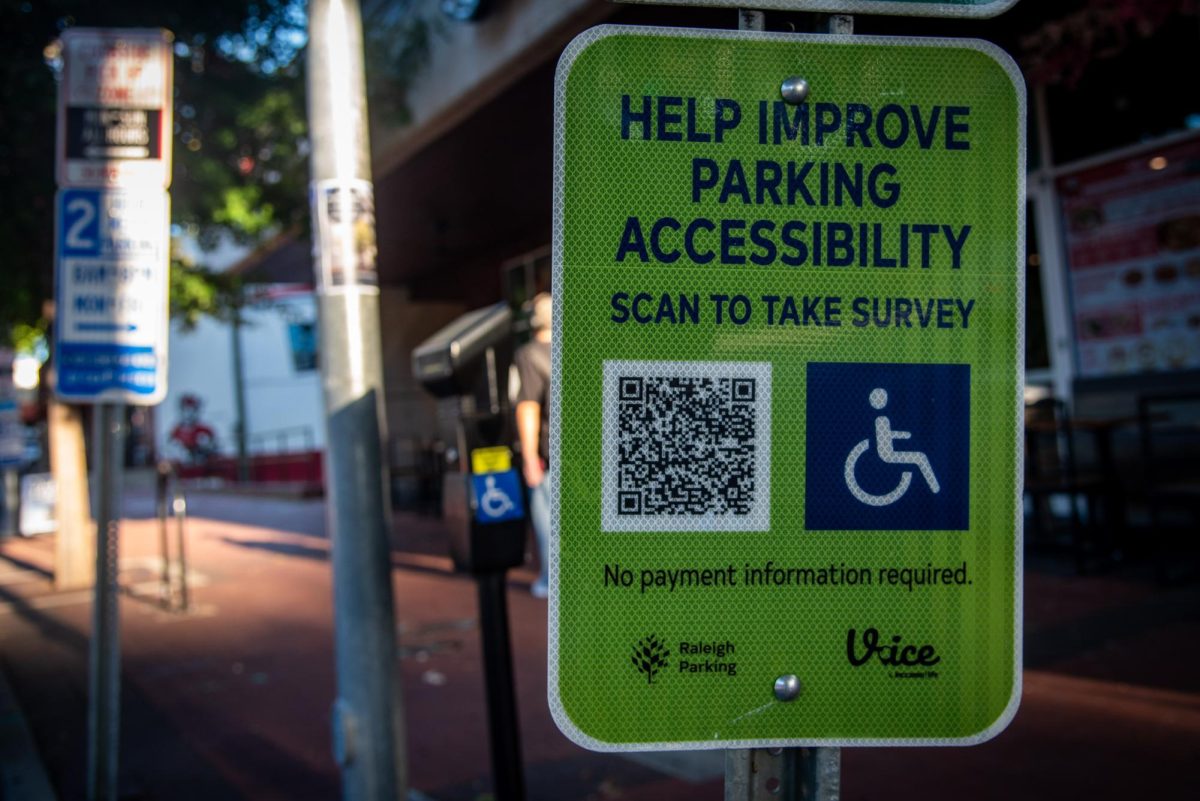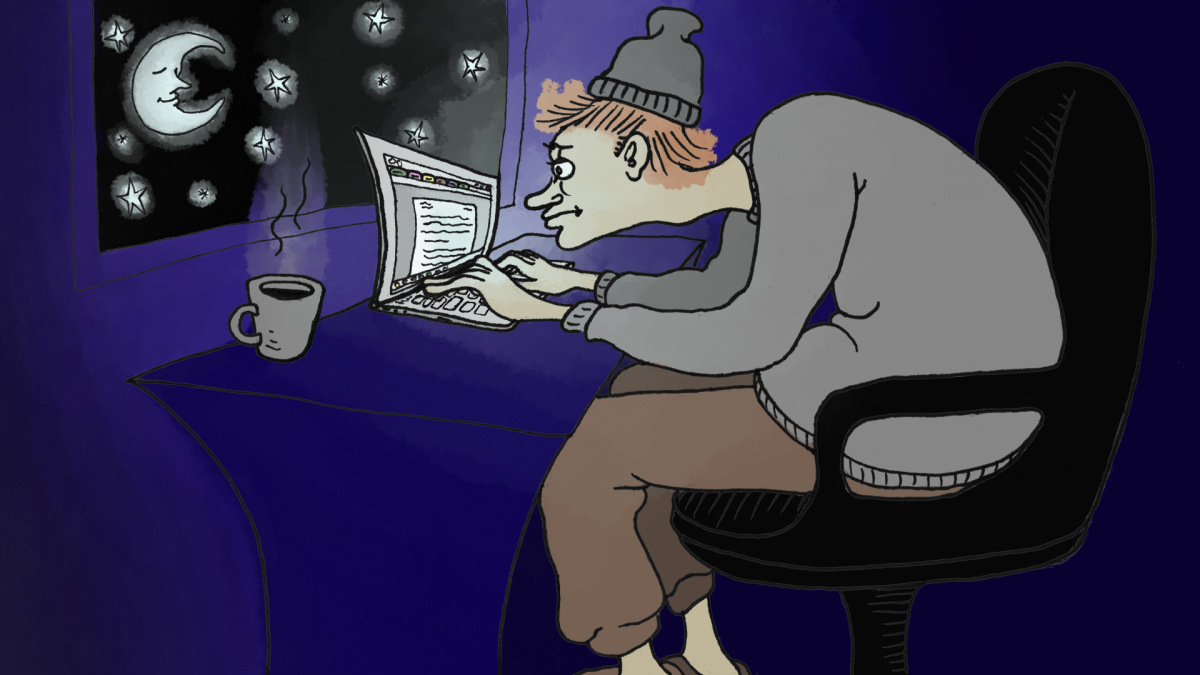A lot of people were excited when Al Gore invented the Internet. Not only could we now read about the three-toed sloth, but we could print out pictures of it on paper, whose production was destroying its natural habitat.
Realistically, the Internet and 21st century technology have contributed enormously to educational experience. What thesis nowadays isn’t written without the help of e-mail and Wikipedia?
So over the next several weeks, I will be writing on some of the ills of technology in education and some of its benefits. This week begins with some thoughts on e-mail.
A myriad of factors contribute to our instruction at NCSU, both those in and outside the classroom. And while no one factor can be singled out as essential to educational advancement, some important elements inevitably receive the short end of the stick.
Office hours, the time a faculty member sets aside for students in his or her schedule, are one of the least utilized and understood resources available on campus.
Many students, well into their junior and senior years, view office hours as a last resort when studying has stalled the day before an examination. This is a horrible mischaracterization, though, and fails to address why faculty members have Office Hours in the first place.
It is true that faculty members hold office hours to help students understand the material of the class. But that is certainly not the only reason.
As Carmine Prioli, professor in English, explained to me, office hours are not just about practical concerns. “Ideally [they are about] getting together to talk about ideas.”
Prioli said students seemed content to let the faculty-student relationship end at the classroom door and that for the most part, when a student does contact him, it is via e-mail.
E-mail has brought enormous convenience to faculty-student contact, enabling questions on anything from Hemingway to Hitler to be answered, often at non-conventional times.
E-mail comes with its own set of problems. Its convenience has led to it overtaking one-on-one contact as the primary source of question and answer between students and teachers.
While having easier communication with teachers, is certainly not a bad thing, it is undermining the intimacy of the mentoring role of educators.
Of the professors I spoke with this week, few said even a third of their students come to office hours, many saying that number was a stretch. E-mail is replacing genuine contact with teachers.
Information is easily conveyed via e-mail, but discourse and learning come through interpersonal contact and erudition.
We pay exorbitant sums of money to attend this University. Part of it goes toward paying our educators. So not attending teachers’ office hours is really just wasting your own money.
The rewards can not always be measured in your GPA, but Office Hours and the act of getting to know your teachers are part of the educational experience.
And if my pleas to your intellectual curiosity aren’t enough then I encourage you to view this issue through a different lens.
Would you rather have your graduate school recommendations written by a professor who knows you by the letters in his or her grade book or by one who can speak to your character and effort?
E-mail has many positives, but it would be foolish and rash of us to let it replace discussion.




